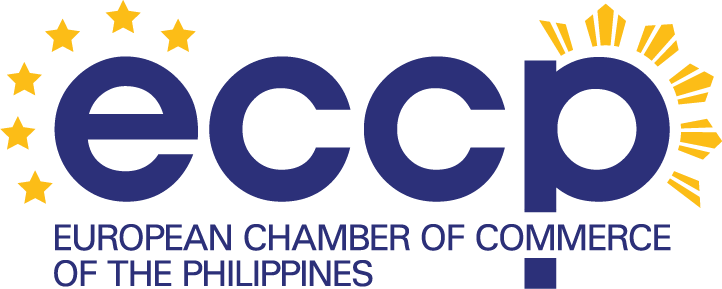
Creating Family-Friendly Workplaces in the Time of COVID-19 and the New Normal
Why are Family-Friendly Workplaces in the time of COVID-19 important?
Family-Friendly Workplaces (FFW) not only enable employees to balance between their professional responsibilities and family commitment, but also contribute to better and stronger business outcomes, such as increased productivity and job satisfaction, reduced turnover, better business image, and enhance competitive edge in the market.
During COVID-19, major child rights risks are intensified, bringing additional operational and reputational risks for unprepared business and brands. FFW can be an essential tool for business to manage such risks amid COVID-19. On the other hand, it has also triggered a greater awareness among business to strengthen their business resilience and embracing family-friendly business practices has become one of the most impactful ways of doing so.
Under such backdrop, this workshop will illustrate how COVID-19 has exacerbated child rights challenges whilst pitching the case for why FFW can lead to a stronger, better business. Drawing from different experts, the webinar will give participants a well-rounded picture of what it means to be a FFW in the era of COVID-19 and what that looks like in practice. Participants will learn why a holistic approach towards child rights and business is needed, and how the Children’s Rights and Business Principles (CRBP) can be used as a framework for business actions and solutions. Taking a participatory approach, the webinar provides a forum for all participants to share and exchanges ideas and experiences.
Questions to be answered at the end of the Webinar
- What are Family-Friendly Policies and Family-Friendly Workplaces (FFW)?
- What are the benefits and business value of family-friendly workplaces?
- How could working conditions during COVID-19 affect working parents and their children? (Giving examples from Asia and Southeast Asia)
- How can businesses in the Philippines become an innovative and leading employer by implementing FFW step-by-step?
- How to adopt Children’s Rights and Business Principles (CRBP) as a framework for carrying out child rights interventions

